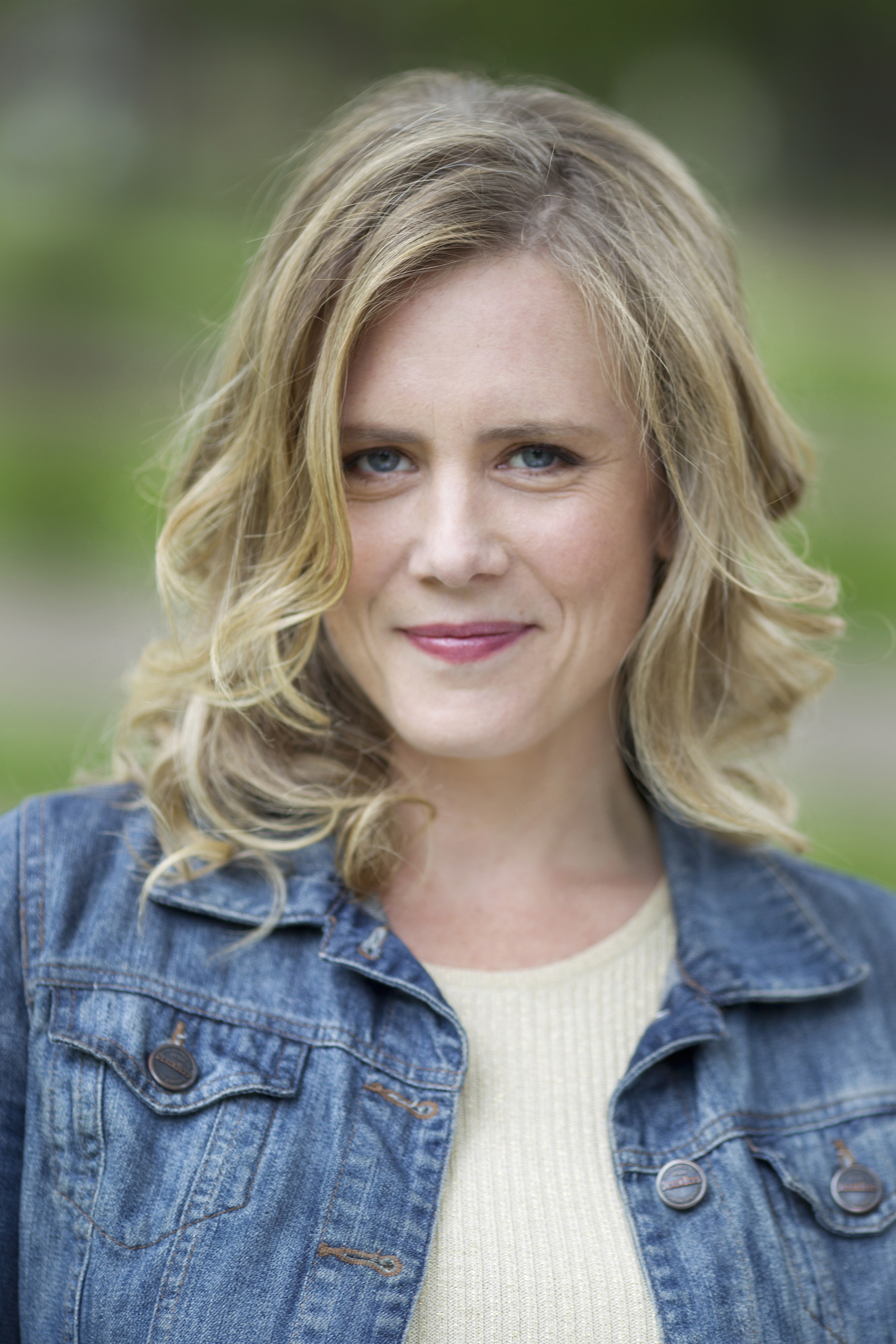Author of The New York Times Best-seller ‘Blackout: Remembering Things I Drank to Forget’ to Speak at Baylor Feb. 2

Author Sarah Hepola
Follow us on Twitter:@BaylorUMedia
Contact: Terry Goodrich,(254) 710-3321
WACO, Texas, (Jan. 23, 2017) — Journalist Sarah Hepola — author of The New York Times best-seller “Blackout: Remembering Things I Drank to Forget” — will speak at Baylor University on Thursday, Feb. 2.
Hepola’s subject will be “Drinking, Blackouts and Seeking Power Beyond the Bottle.”
Hepola, nominated for the annual Texan of the Year award by The Dallas Morning News editorial board, has written many stories about drinking and eating too much, with her essays on culture appearing in The New York Times, Elle, The New Republic, Glamour, The Guardian, Slate, The Dallas Morning News, and Salon, where she was a longtime editor.
The free event, open to the public and hosted by the department of journalism, public relations and new media in the College of Arts & Sciences, will begin at 6 p.m. in Bennett Auditorium in the Draper Academic Building, 1420 S. Seventh St. on campus.
“Binge drinking and the inherent problems that go along with it can be the 900-pound gorilla in the room, especially at a Christian university. I am pleased that Baylor students can hear first-hand about the dangers, both physical and psychological, that drinking to the point of blackout incur,” said Sara Stone, Ph.D., chair of the department of journalism, public relations and new media.
“She will speak from experience about how she thought drinking would give her the confidence and self-esteem that she lacked. The lessons she learned can be valuable for us all. Our whole society – not just Baylor students – deals with the impact of alcohol on sexual and domestic violence.”
Hepola also will speak to students in the journalism department at 9:30 a.m. and 11 a.m. that day. An afternoon coffee hour will be hosted at 2 p.m. by The Bundle, a student-run multimedia magazine supported by the department.
“She is a beautiful writer,” said Macarena Hernandez, The Fred Hartman Distinguished Professor of Journalism at Baylor. “It’s an incredible opportunity for our students to hear and interact with a writer of her caliber. She’s a good example of how mining one’s story can lead to powerful writing and transformative work.”
A website about the bestselling book says that for Hepola, alcohol was “the gasoline of all adventure.” She spent her evenings at cocktail parties and dark bars where she proudly stayed till last call. Drinking felt like freedom, part of her birthright as a strong, enlightened twenty-first-century woman. But there was a price. She often blacked out, waking up with a blank space where four hours should be . . .
“Shining a light into her blackouts, she discovers the person she buried, as well as the confidence, intimacy, and creativity she once believed came only from a bottle. Her tale will resonate with anyone who has been forced to reinvent or struggled in the face of necessary change. It's about giving up the thing you cherish most — but getting yourself back in return.”
ABOUT BAYLOR UNIVERSITY
Baylor University is a private Christian University and a nationally ranked research institution. The University provides a vibrant campus community for more than 16,000 students by blending interdisciplinary research with an international reputation for educational excellence and a faculty commitment to teaching and scholarship. Chartered in 1845 by the Republic of Texas through the efforts of Baptist pioneers, Baylor is the oldest continually operating University in Texas. Located in Waco, Baylor welcomes students from all 50 states and more than 80 countries to study a broad range of degrees among its 12 nationally recognized academic divisions.
ABOUT BAYLOR COLLEGE OF ARTS & SCIENCES
The College of Arts & Sciences is Baylor University’s oldest and largest academic division, consisting of 25 academic departments and 13 academic centers and institutes. The more than 5,000 courses taught in the College span topics from art and theatre to religion, philosophy, sociology and the natural sciences. Faculty conduct research around the world, and research on the undergraduate and graduate level is prevalent throughout all disciplines.